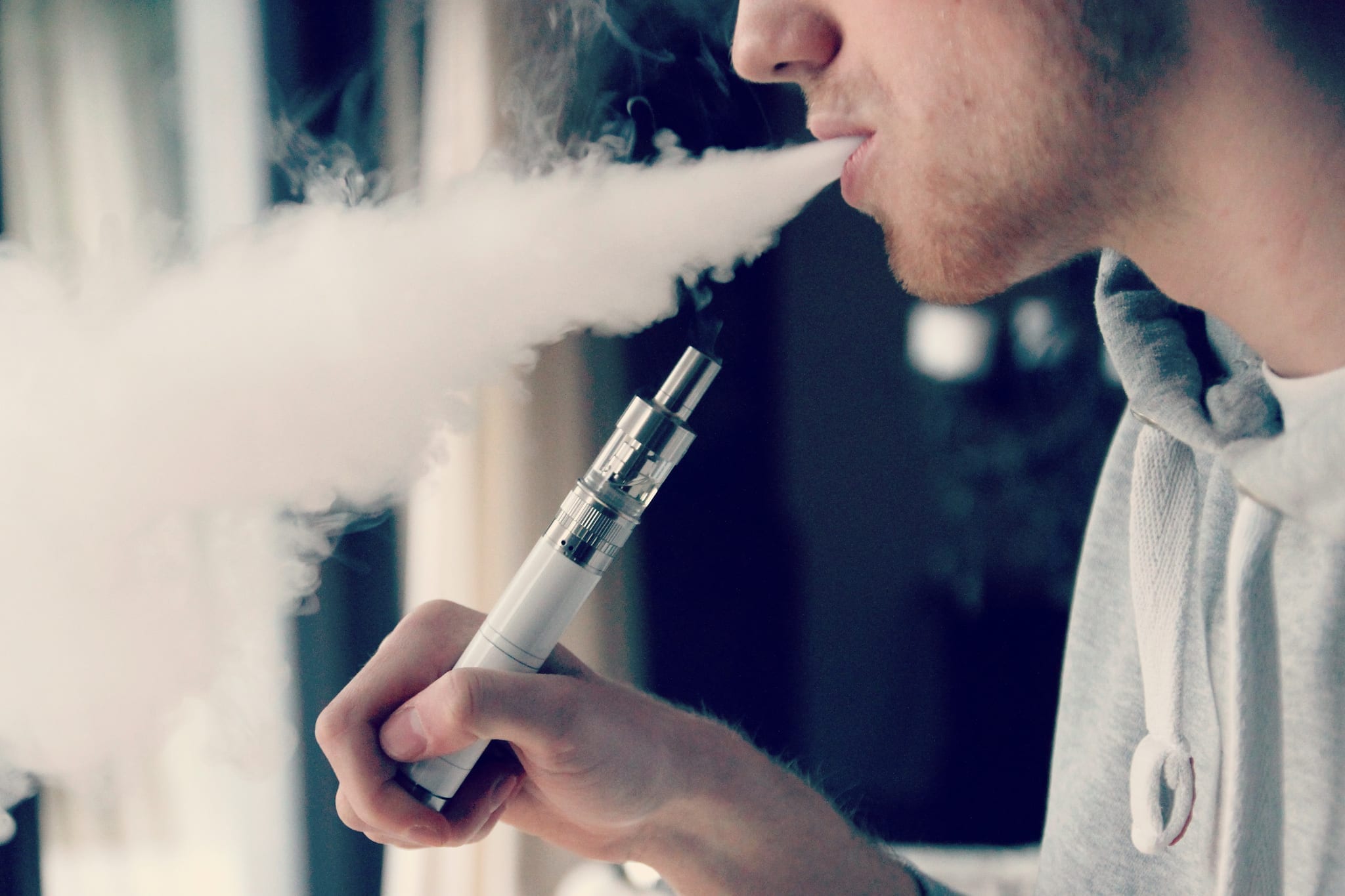New Jersey Gov. Phil Murphy said the bill will help protect youth and under-age users from the perils of nicotine addiction.
Gov. Phil Murphy signed a bill on Tuesday which bans the sale of all flavored e-cigarette products in New Jersey.
According to the Washington Post, the measure will take effect at the beginning of April. Its intent is, ostensibly, to discourage young adults and under-age users from vaping.
“As a governor, I am first and foremost charged with protecting the health and safety of our people,” Murphy said in a statement. “Research shows that flavored electronic smoking devices and products, such as mint, candy, fruit, and chocolate, are extremely appealing, especially to children.”
Several of the bill’s proponents also touted its supposed public health benefits.
“This law will help to discourage our youth from taking up this dangerous habit and reduce its prevalence in our homes and schools,” said Democratic Sen. Shirley Turney, among the bill’s main backers.

However, critics of the legislation questioned the sense in a blanket-ban. The Post notes that some congresspeople questioned whether officials should better enforce the state’s smoking age instead of telling adults which products they can and can’t buy.
Anti-vaping hysteria has, in the past half-year, culminated in a series of similar bans and prohibitions. Massachusetts and New York have passed or attempted to emplace short- and long-term restrictions on flavored e-cigarette pods.
Massachusetts, though, is the only state with an effective, state-wide ban on flavored vaping products.
The push against e-cigarettes has been driven by two separate but related concerns. The first is that vapor companies—like Juul—have intentionally marketed their products to children. Indeed, there are reports that Juul spokespeople directly and intentionally engaged with high school-aged students in New York state. And because of Juul’s popularity among youth, nicotine-use rates among children—in near-constant decline since the 1990s—have begun a recent, steep climb.
The second concern stems from a wave of hospitalizations and deaths related to vaping. Around 2,600 people across the U.S. have been hospitalized due to mysterious lung illnesses; at least 60 have died. However, early reports indicate that many persons suffering from vape-related lung ailments had used their e-cigarettes to smoke marijuana or hashish.
With states clamping down on vaping, e-cigarette advocates worry regulations could shutter businesses and push adults back to traditional combustible cigarettes.
Not surprisingly, lobbyists say state-level efforts to curb vaping could have unintended side effects. “Consumer vaping advocate” Matthew Elliott told the Washington Post it’s not unlikely that people will begin brewing flavors at home.
“[Gov. Murphy] has welcomed the black market,” Elliot said. “You will not see youth vaping decrease. But what you will see is businesses closing and people going back to smoking. In essence, he has removed gatekeepers and rewarded the drug dealers.”
Elliott’s prediction may seem far-fetched. E-cigarette use and abuse, after all, is complex: vaping has been shown to help adult smokers stop smoking. But lax sales security and I.D. checks have let enticed tens of thousands of children into nicotine addiction.
Now, though, New Jersey will compound its age-21 smoking law with enhanced restrictions on flavored e-cigarette products. The act will bar the sale, offer and distribution of any and all flavored vaping products without criminalizing simple possession.
Sources
Adults who vape are more likely to quit cigarettes, study finds
Flavored vaping products will soon be banned in N.J. as Murphy signs law


Join the conversation!